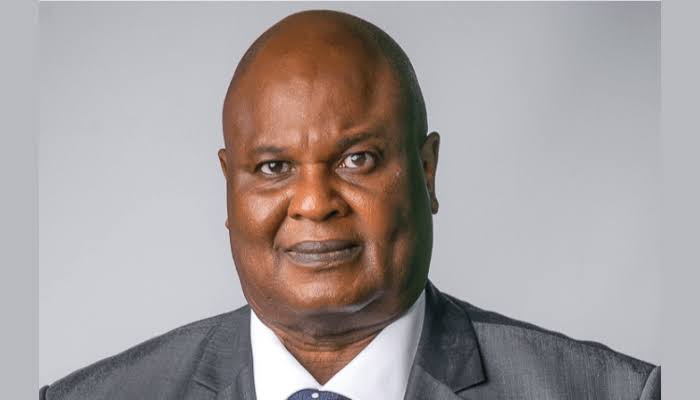Economist Ayo Teriba has called for $50 billion in foreign investment (FDI) to curb Nigeria’s record-high inflation.
Speaking on Arise TV, he urged bold reforms and a shift from debt reliance, warning that without decisive action, economic instability will persist.

On Wednesday, economist CEO of Economic Associates, Ayo Teriba, urged Nigeria to secure $50 billion in foreign direct investment (FDI) to reduce inflation to 5 per cent by 2025.
Speaking on Arise TV, he emphasised that expanding net reserves is crucial for stabilising the economy and curbing inflation, which has risen to a 28-year high of 34.6 per cent.
Although President Bola Tinubu has set a goal of lowering inflation to 15 per cent in 2024, many experts remain skeptical, citing persistent pressures from rising food and petrol prices.
However, Teriba argued that bold reforms and substantial FDI could drastically reduce inflation.
“With an investment act that attracts $50 billion, exchange rates will stabilise, and inflation will fall to single digits,” he stated.
While FDI rose by 248 per cent to $103.82 million in the third quarter of 2024, Teriba insisted this is far from adequate to drive significant growth.
Read Also: Access Holdings Gains CBN, SEC Approval For Rights Issue
Earlier in the year, FDI dropped to a record low of $29.8 million in the second quarter, highlighting the country’s pressing need for investment.
Nigeria’s Heavy Reliance On Debt Is Unsustainable
Turning to the government’s borrowing practices, Teriba criticised its reliance on high-interest loans, which he deemed unsustainable.
He explained that Nigeria’s poor credit rating results in exorbitant borrowing costs.
“Countries with similar economies borrow at much lower rates because they issue higher-quality debt instruments,” he noted.
To tackle these challenges, Teriba called for equity-based financing and structural reforms to attract investment.
“We must prioritise equity over debt,” he asserted. Without decisive action, inflation and instability will persist.
However, he concluded that with bold reforms, Nigeria could transition towards sustainable growth and stability.

